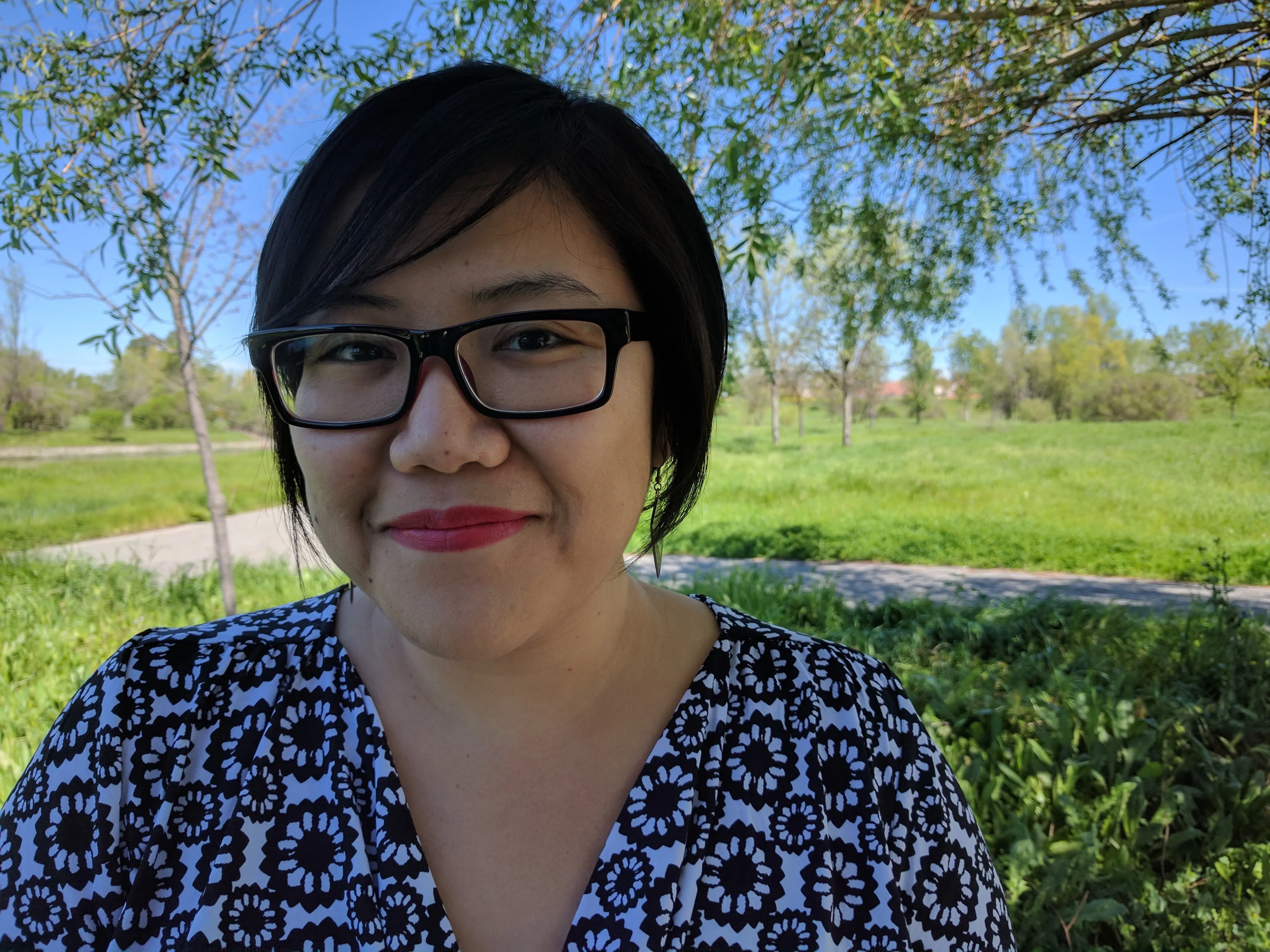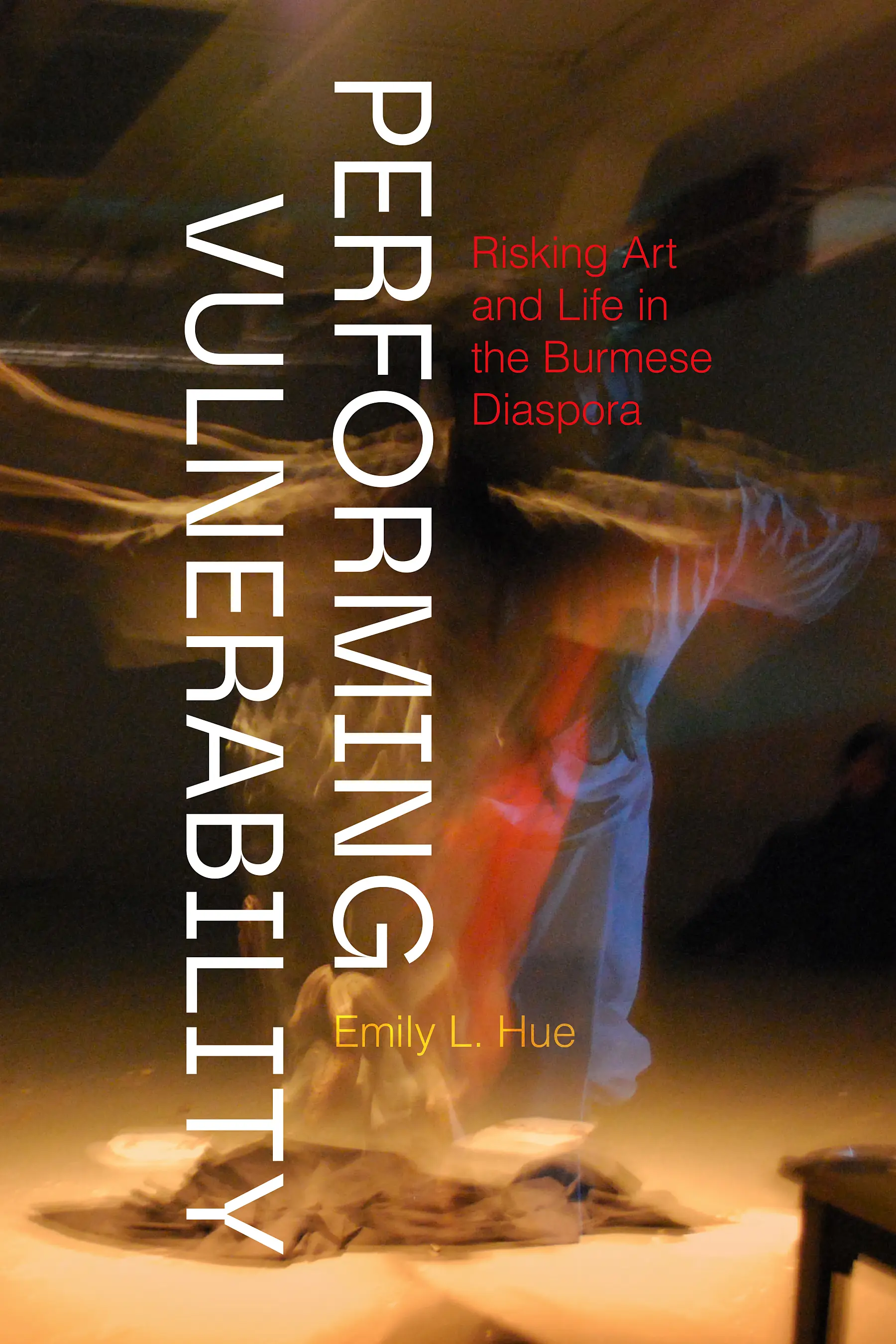About
 Emily Hue is an Associate Professor of Ethnic Studies and core faculty in Southeast Asian Text, Ritual, Performance (SEATRiP), at the University of California, Riverside. She earned her Ph.D. in American Studies from the Department of Social and Cultural Analysis at New York University. Her book Performing Vulnerability: Risking Art and Life in the Burmese Diaspora (University of Washington Press, 2025) is an interdisciplinary project which uses visual and performance analysis, ethnographic interviews and archival research to explore how diasporic artists and activists from Burma and other postcolonial nations use bodily abstraction and in some cases, self-injury, to express their vulnerability to challenges of military rule as well as resettlement.
Emily Hue is an Associate Professor of Ethnic Studies and core faculty in Southeast Asian Text, Ritual, Performance (SEATRiP), at the University of California, Riverside. She earned her Ph.D. in American Studies from the Department of Social and Cultural Analysis at New York University. Her book Performing Vulnerability: Risking Art and Life in the Burmese Diaspora (University of Washington Press, 2025) is an interdisciplinary project which uses visual and performance analysis, ethnographic interviews and archival research to explore how diasporic artists and activists from Burma and other postcolonial nations use bodily abstraction and in some cases, self-injury, to express their vulnerability to challenges of military rule as well as resettlement.
Emily has previously worked in the academic publishing industry. She has also participated as an interviewer and organizer in a community podcast series entitled American Alien. This podcast series connects the lives and practices of Burmese diasporic artists, academics and activists and other cultural producers of color and is hosted by the Flux Factory, a local artist collective space based in Queens, NY. You can find her most recent writing in the Critical Ethnic Studies Journal, American Studies Quarterly, Amerasia, and the Routledge Handbook of Refugee Narratives.
She sits on the editorial board of the Critical Ethnic Studies Association Journal and is a US Area Editor at the Journal of Asian Diasporic Visual Culture in the Americas.
